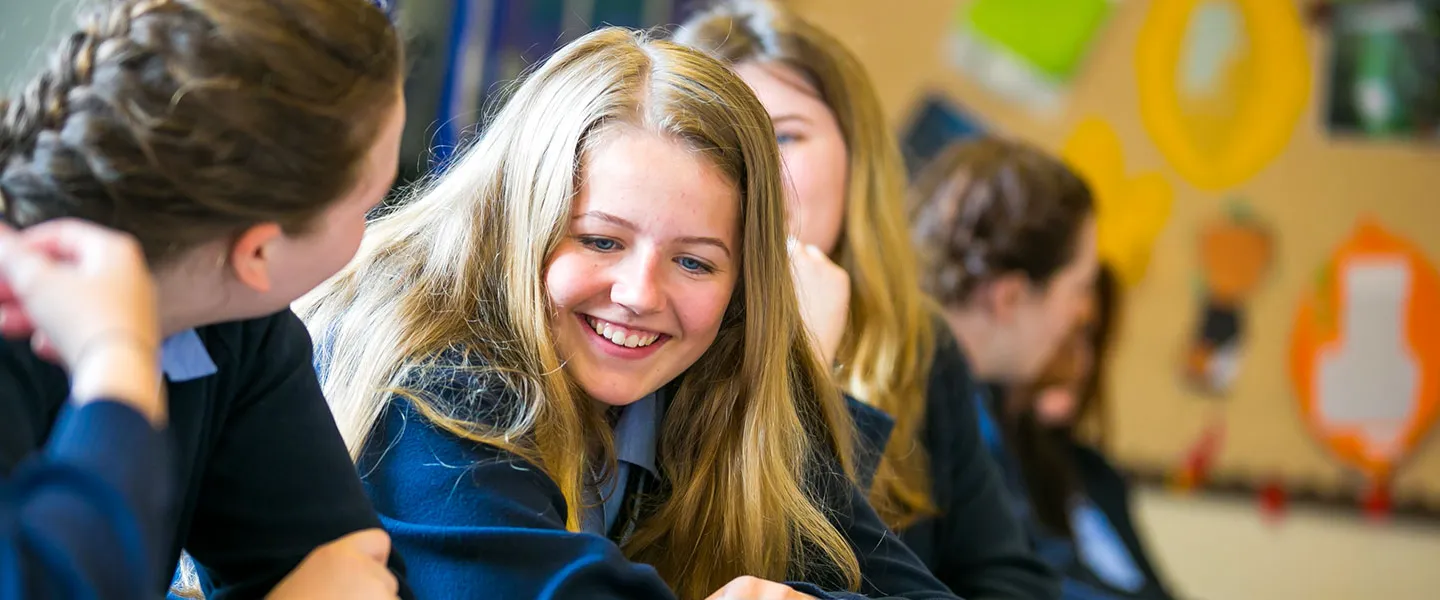View Physics Past Papers to Help You Excel in the Field
Albert Einstein once remarked, “The important thing is never to stop questioning.” Physics students never stop questioning the world and how and why things work the way they do. It’s this burning curiosity that allows humanity to delve deeper and make exciting discoveries. Physics is one of the most fundamental natural sciences, and a vital part of the curriculum at The Queen’s School. Students gain an understanding of physics while developing their observational, numerical, and investigative abilities in the laboratory. We’re quite proud of our physics programme!
What Is Physics? What Can Be Done With a Physics Degree?
Physics is best defined as the scientific study of forces, energy, and the physical world around us. Physicists examine heat, light, sound, waves, mechanics, and other properties affecting the universe to understand how things work. Physics students usually excel in mathematics and are interested in the structure of atoms and other particles. A physics degree can open many doors, whether the student decides to study engineering, astrophysics, atomic physics, cosmology, or other related academic subjects. Employers look favourably upon a physics degree because it represents years of hard work and determination, as well as advanced quantitative reasoning and deductive reasoning skills.
What Careers Are in Demand With a Physics GCSE & A-level?
Learning about physics also helps students develop analytical, quantitative, and problem-solving skills. Students who master physics typically go on to careers in science and technology, medicine, academia, law, the government, and even the private sector. Popular careers pursued by physics students include:
- Civil engineers
- Aerospace engineers
- Astronomers
- Airline pilots
- Geophysicists
- Physics teachers
- Meteorologists
- Nuclear engineers
- Medical physicists
- Petroleum engineers
- Geotechnicians
- Clinical scientists
- Patent attorneys
- Academic researchers
- Data analysts
- Metallurgists
- Actuaries
- Application developers
Innovative Physics Influencers to Follow & Learn More
Social media is about more than just food and celebrity gossip. Many respected physicists have made it their mission to educate the public about scientific discoveries being made in the world around them. Scientific influencers to watch include NASA, the Mars Curiosity Rover, Physics World (based in Bristol), Australian theoretical astrophysicist Katie Mack, ThinkPhysics, Nicole Stott (“The Artistic Astronaut”), Physics from the Edge (a blog based in Plymouth), and Cardiff’s Physics and Astronomy Outreach’s blogs. Your daughter may be surprised to discover that the world of physics can be interesting and informative.
Practical Study Tips to Prepare for Physics GCSE Exams
Students pursuing AQA GCSE Physics will be examined through two written papers at the end of Year 11, testing their understanding of covered facts and theories and a recall of practical physics procedures. While prepping for your physics GCSE exams may sound daunting, we’ve assembled a few helpful study tips to get you started in the right direction:
- Refer to the physics curriculum and identify things you know, things you don’t know, and things you could use more clarification from your teacher. Refer to your textbook and notes, going back over sections of the course you don’t feel the most confident about while studying. Save reviewing the things you know for last, concentrating on the problem areas first and foremost.
- You will need to recall specific physics formulae using math during the exams. Practice using formulae and rearranging them to include the correct numerical values and units. Pay attention to the requested number of significant figures asked for in the questions. Not taking the time to read questions thoroughly or show work for calculations can result in missed marks.
- Refamiliarise yourself with practical physics procedures covered during the coursework. You may be asked to recall the apparatus used during various experiments. Brush up on recording measurements, plotting data on graphs, forming conclusions, and identifying precautions or potential hazards during experiments.
- Look at physics past papers for inspiration and practice-test to help you recall and apply everything you learned during the course.
Past paper links for Physics |
| GCSE Separate Science papers |
| AQA-84631H |
| AQA-84632H |
| AQA-84631F |
| AQA-84632F |
| GCSE Combined Science papers |
| AQA-8464P1H |
| AQA-8464P2H |
| AQA-8464P1F |
| AQA-8464P2F |
Why Should Your Daughter Pursue a Queen’s School Education?
At The Queen’s School, our physics curriculum is challenging. However, good grades are achievable through student hard work and determination. Our physics department enhances the curriculum through attending talks by eminent scientists, taking part in Physics Olympiad competitions for GCSE and A-level students, participating in workshops at universities, and enjoying a visit to the world’s largest particle accelerator at CERN in Geneva. We also encourage Years 7-9 students to participate in Queen’s Science and Astronomy Clubs, and Years 10-13 can enjoy learning about topics beyond the curriculum at the student-led Physics Society. Attending our girls’ school offers numerous benefits to students, most notably the freedom from stereotypes that girls don’t dominate in the physics and mathematics fields. We encourage our students to think independently, collaborate with others confidently, and aspire globally. Girls can honestly do anything they desire!
Learn More About Registration & Entrance Assessments
Registering your daughter online for our Lower and Senior Schools is easy. Contact us today to learn more about The Queen’s School, our curriculum, extracurricular activities, alums, open events, Entrance Assessments, and more. Our esteemed independent learning institute focuses on educating girls aged 4-18. Our alumni include influential women in every field, including physics.
